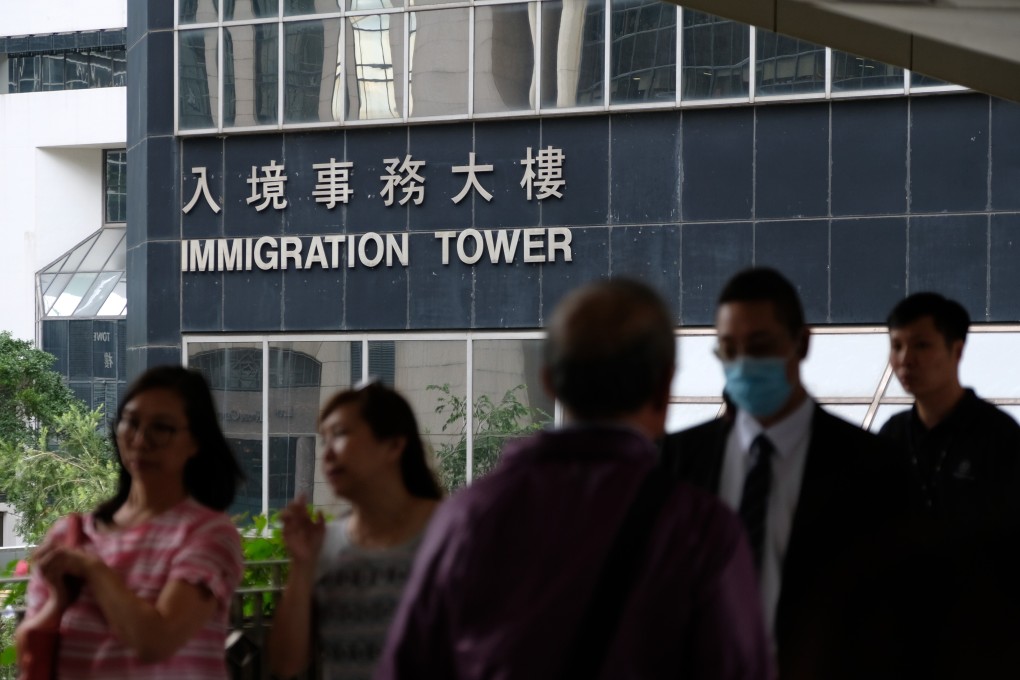Letters | How Hong Kong can make it easier for non-local university graduates to get a work visa
- While non-local graduates can now apply for a visa online, the process requires a lot of paperwork that could be cut down
- Hong Kong immigration officers should work with mainland authorities and local universities to simplify the process

As master’s students from the mainland, we welcome the department’s efforts to help non-local graduates and believe that the government should work with the local universities and mainland authorities to further simplify the paperwork.
In addition to the application form, IANG applicants need to submit a photocopy of the page of their travel document containing the latest arrival stamp/landing slip/extension of stay label in Hong Kong. It is puzzling that this document is needed given that the Immigration Department should have such records in its databases.
Regarding the requirement of transcripts of academic records and graduation certificates, instead of asking students for these documents, the department should create an online document-sharing system that allows the local universities, upon authorisation of the students, to send the documents directly to the immigration officers.
IANG applicants from the mainland are also required to submit a letter of consent from the applicant’s present working unit or relevant mainland authorities. We believe this requirement is unnecessary as most applicants studying in local universities do not belong to working units on the mainland.